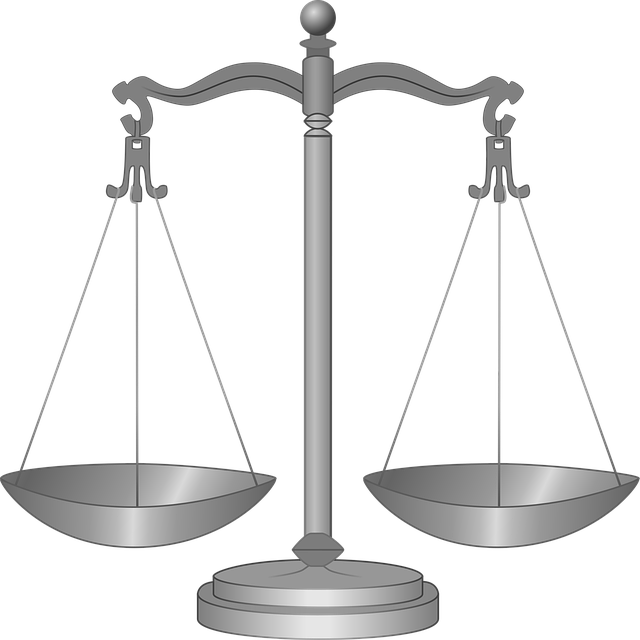Resolving Motorcycle Accident Claims Outside Court: Benefits for Victims

A motorcycle accident claim involves seeking legal recourse for harm or losses incurred during a bik…….
In the dynamic world of transportation, motorcycle accidents often leave a profound impact on riders and their communities. This article delves into the intricate landscape of motorcycle accident claims, exploring its various facets, implications, and global reach. By understanding this process, riders, legal professionals, and policymakers can navigate the complexities of seeking justice and compensation effectively. The journey ahead will uncover how motorcycle accident claims shape safety standards, financial outcomes, and societal perceptions in diverse regions worldwide.
A motorcycle accident claim refers to the legal process by which an injured motorcyclist or their representative seeks financial compensation from a responsible party following a motorcycle collision. This claim typically involves several key components:
The concept of motorcycle accident claims has evolved over time, mirroring advancements in legal systems and technological changes in the automotive sector. Historically, motorcyclists often faced challenges in proving liability due to the perception that they were at fault. However, as motorcycle popularity grew, so did awareness of the unique risks they face on the road. This led to the development of stricter traffic laws, improved safety standards, and a better understanding of motorcyclist rights, all of which bolster the legal framework for accident claims.
Today, motorcycle accident claims play a pivotal role in several ways:
The concept of motorcycle accident claims has transcended geographical boundaries, with many countries adopting similar legal frameworks to protect the rights of motorcyclists. However, variations in insurance systems, liability laws, and cultural attitudes towards motorcycling create a diverse landscape:
| Region | Key Features |
|---|---|
| North America | Stricter liability laws and comprehensive insurance requirements for motorcyclists. |
| Europe | Diverse approaches, with some countries following a no-fault system while others have traditional tort law. |
| Asia Pacific | Rapidly growing motorcycle markets with varying legal frameworks; many countries introducing specialized motorcyclist protection laws. |
| Middle East | Influenced by European and North American models, but adapting to local cultural norms and driving conditions. |
The motorcycle accident claim process has economic implications that extend beyond the immediate financial compensation:
Investor interest in the motorcycle industry considers not only financial performance but also legal and regulatory landscapes:
Technological innovations have revolutionized motorcycle safety, influencing both the prevention and management of accidents:
The future holds immense potential for technology to further enhance motorcycle accident prevention and management:
Policymakers play a crucial role in shaping the motorcycle accident claim process through various legal frameworks:
Policies and regulations significantly influence:
Despite its importance, the motorcycle accident claim process faces several challenges:
Addressing these challenges requires a multi-faceted approach:
The Dutch approach to motorcycle accident claims is a model for other countries. Their no-fault system, combined with robust safety infrastructure and rider education, has led to:
Australia’s successful implementation of strict product liability laws has had far-reaching effects:
The future of motorcycle accident claims is filled with potential growth areas and emerging trends:
To capitalize on these trends, stakeholders should:
The motorcycle accident claim process is a complex yet essential aspect of the global transportation landscape. As motorcycling continues to gain popularity worldwide, understanding and navigating this process becomes increasingly critical for riders, legal professionals, and policymakers. By addressing challenges, embracing technological advancements, and implementing effective policies, the motorcycle community can ensure that roads are safer, claims processes are fair, and riders receive the compensation they deserve.
Q: What should a motorcyclist do immediately after a minor accident?
A: After ensuring personal safety, document the scene by taking photos of the accident, exchanging insurance information with the other party, and seeking medical attention if needed. Contacting local law enforcement is also advisable for a police report.
Q: Can I sue another driver if they hit me while I was stopped at a red light?
A: Absolutely. Regardless of speed or traffic conditions, if a driver causes an accident while interacting with you, you have the right to seek compensation.
Q: How does weather impact motorcycle accident claims?
A: Inclement weather can be a contributing factor in accidents, leading to reduced visibility, slippery roads, and poor handling. In many jurisdictions, weather-related accidents are considered when assessing liability and compensation.
Q: Are there any specific laws regarding helmet use for motorcyclists?
A: Yes, many countries have laws mandating helmet use for motorcyclists. These laws vary in scope, but they generally aim to protect riders from severe head injuries.
Q: Can I get compensation if I was partially at fault for an accident?
A: Liability determination varies by jurisdiction. In some places, a “comparative negligence” system applies, where compensation is reduced by the percentage of fault attributed to you. It’s crucial to understand local laws and consult legal experts.

A motorcycle accident claim involves seeking legal recourse for harm or losses incurred during a bik…….

Navigating a motorcycle accident claim requires understanding rights, gathering documentation (medic…….

Determining liability is paramount in a motorcycle accident claim, given the unique challenges facin…….

To successfully pursue a motorcycle accident claim, gather essential documents including medical rec…….

After a motorcycle accident, understanding your legal rights is crucial for a successful motorcycle…….

The severity of injuries in a motorcycle accident claim directly influences compensation, with sever…….

After a motorcycle accident, understanding your legal rights is crucial for a successful motorcycle…….

After a serious motorcycle accident, hiring an accident attorney is crucial for navigating complex m…….

Motorcycle accident claims require expert medical opinions to establish liability and assess damages…….

To successfully pursue a motorcycle accident claim, gather essential proof including medical records…….